As a part of my series about “5 Things, I Wish Someone Told Me Before I Started Leading a Cannabis Business” I had the pleasure of interviewing Josh Swider, CEO of Infinite Chemical Analysis Labs (InfiniteCAL), analytical cannabis and hemp testing lab.
Josh began his career in chemistry at Eastern Washington University, where he earned his Bachelor of Science and Chemistry degrees in physics and biology in 2012. His quest for a deeper understanding of the science led him to be accepted into the joint doctoral program at the University of California, San Diego and San Diego State University, where he earned his master’s degree in analytical chemistry in 2015 and his Ph.D. in 2017. Throughout his college career, Josh became interested in the medicinal benefits of cannabis and the lack of analytical research and public understanding associated with it. He wanted to change this, and with his knowledge and passion for the industry, Josh founded the lab with fellow chemist Dave Marelius in 2016. Together they’ve made it InfiniteCAL’s mission to ensure only safe, quality products are allowed to hit dispensary shelves.
Thank you for joining us! Can you share with us the story about what brought you to this specific career path?
While Dave, my business partner, and I were in grad school for chemistry, I started reading news articles about cannabis testing labs with very inaccurate, varying results and noticed the extreme lack of consistency within the industry. As an analytical chemist, this concerned me, so Dave and I wanted to be able to fix those issues by providing the industry accurate and precise analytics to help produce the cleanest, highest quality products on the market. We started InfiniteCAL from the ground up about four years ago, and we have never faltered from that mission.
Can you share the most interesting story that happened to you since you began leading your company? Can you tell us what lesson you learned from that?
I think the most interesting stories in the lab revolve around all the new products we see coming through our doors. Trans-dermal patches, moisturizing gloves, enemas, entire pizzas- people are infusing anything and everything with THC or CBD. Luckily we do in-house method development, so when we see new products, we can develop and validate prep methods on the fly. There are hundreds of different sample matrices now. With cannabis and hemp industries as new as they are, we learned that we can never predict what’s going to come through our doors next.
Can you share a story about the funniest mistake you made when you were first starting? Can you tell us what lesson you learned from that?
One funny mistake we made within our four years operating was severely underestimating how much InfiniteCAL was going to grow in such a short amount of time. We originally started this company with two chemists; just Dave and me. We wanted to get the lab going but had very limited cash, so we leased 1,400-square-foot office space and built it out. Soon after that, we started hiring more chemists. We were operating out of that lab for less than a year when we realized we were way too cramped to work efficiently. So, Dave and I moved everything into a 4,000-square-foot facility, thinking that would be more than enough room to keep things running smoothly. After hiring on more account managers, a scheduling director, and doubling our staff in the lab to keep up with the exponential growth of samples coming in, it only took us two months to see, yet again, we were going to need more space! We’re currently building out a new 16,000-square-foot facility that we’re hoping will be our last big move.
Are you working on any exciting projects now? How do you think that will help people?
We have two lab buildouts in the process right now; we’re moving our lab in California to a much larger location and opening another branch in Michigan. Within the next five years, we’re planning on opening more InfiniteCAL labs across the country to provide the same quality analytics we’re currently offering to new, emerging cannabis markets.
None of us are able to achieve success without some help along the way. Is there a particular person who you are grateful towards who helped get you to where you are? Can you share a story?
I wouldn’t say, one person, it’s definitely “persons”. It might sound cliche, but honestly, the lab wouldn’t be where it is today without all the dedicated employees here at InfiniteCAL. When we first started, we had no idea the company was going to grow at the rate it did. There was a time when we were running as many samples as we are today with only 12 employees. We just didn’t sleep; we worked through the night to get results out on time. I’m grateful for being able to build such an incredibly devoted, talented team of scientists who were willing to roll through the punches when times were tough and helped build InfiniteCAL into the successful lab it is today.
This industry is young dynamic and creative. Do you use any clever and innovative marketing strategies that you think large legacy companies should consider adopting?
The industry may be young and dynamic, but cannabis is still federally illegal. We’re pretty limited to what we can do in terms of marketing and advertising. We’re seeing a lot of success with just organic PR right now. As an independent, third-party lab, it’s our responsibility to educate the public on what we’re seeing in the industry. It not only helps our reputability but hopefully eases some of the concerns consumers may have when purchasing products from this brand new market.
We also have representatives in most industry trade shows and mixers. Some might consider that old school, but building connections in-person is crucial in this industry. It wasn’t too long ago that every cannabis transaction was done face-to-face, so it’s important to establish partnerships with those who are trusting you with their business.
Can you share 3 things that most excite you about the Cannabis industry? Can you share 3 things that most concern you?
Exciting
- New industry, new opportunities: This industry is attracting so many bright, innovative young people. We’re seeing unique, new products every day in the lab. It’s not just people growing in their garage anymore; these are real professionals revolutionizing everything we’ve ever known about cannabis.
- Rapid growth: The legal cannabis industry is projected to reach $30 billion by 2025. We’re in a bit of a rough patch right now with escalating taxes and the battle with the illicit market in California, but there’s a light at the end of the tunnel.
- More research: The stigma around cannabis is disappearing, and more small-scale studies are being conducted to see how certain cannabinoids interact with the human body. Once cannabis is federally legal, I believe one of the biggest benefits we’ll see is the freedom to discover more about this plant and how it can help those suffering from certain ailments.
Concerning
- Legalization and new regulations: It’s very difficult to obtain a cannabis license in California. Add that to the time and cost of acquiring the correct permits, the taxes and fees associated with operating, and the strict, ever-changing compliance regulations, and many entrepreneurs may find it difficult to get off the ground or continue to grow.
- Lack of consumer education: The industry’s biggest threat right now is the illicit market, which consumers are continuing to fund despite the proven dangers associated with the products being sold. We’ve done our own studies and found high levels of pesticides, heavy metals, and diluents such as vitamin E acetate in the majority of the illegal samples we tested. It’s up to the legal industry to teach consumers why they should care about purchasing compliant products.
- The illicit market: The constant battle with the illicit market is definitely hampering the legal industry’s potential right now. As a lab, we know most of these illicit manufacturers are just turning out dangerous, low-quality products for a profit with complete disregard for the regulations and consumer health. California began cracking down on illicit grows and dispensaries, but more needs to be done before we can say we have the situation under control.
Can you share your “5 Things I Wish Someone Told Me Before I Started Leading a Cannabis Business”? Please share a story or example for each.
- How much it would cost: Our lab is self-funded, and the rapid growth we experienced over such a short period of time ended up costing us a lot more than we imagined. When the testing regulations finally came out in 2016, we had to purchase new instruments, and we weren’t settling for cheap ones. One instrument could cost us upwards of $700k, and we now have dozens of instruments. Hiring Ph.D. and master chemists wasn’t cheap either, but we only wanted the best. Dave and I are on the bottom of the list for payroll, and neither of us took paychecks for a little over two years while we were building the lab out. I personally had all my credit cards maxed out and took a side job fixing mass spectrometers after working 12 hour days in the lab to make ends meet. Luckily business picked up dramatically after cannabis testing became a requirement to sell, allowing us enough profit to build the new labs.
- How much we would grow: After the regulations came out requiring compliance safety testing on all cannabis products legally sold in California, the volume of samples we were receiving just exploded. We had to scramble to hire more chemists and buy new instruments just to keep up with demand. Within three years we’ve grown from a team of two to more than 50 chemists, account managers, sales representatives, and field samplers. It’s a good thing, but I never imagined it would happen so fast!
- The lack of ethics in the industry: Because both Dave and I are scientists first, InfiniteCAL upholds strong scientific morals and ethics. Cultivators, manufacturers, distributors and the public should not ever have to doubt an accredited lab’s analytics. Unfortunately, we know that’s not the case. When we first started, the amount of pay-to-play labs was abundant. It’s gotten better in California, but we know there are still labs out there inflating potency and passing products that shouldn’t be passing. We’ve been offered a lot of money from companies wanting us to increase their potency numbers- say from 15% to 30% for outdoor-grown flower- or “pass” tests they failed. We won’t do it, and we still lose clients to labs that will. It’s astounding to me that some cannabis labs are willing to put public safety aside for profit. I never imagined that a lack of morals in the industry would be one of our biggest challenges for gaining and keeping clients.
- Clients questioning our science: As a lab, we hold our analytics to the highest standard. Our advanced chemists have worked countless hours developing and validating methods for the most accurate results and we have purchased the most advanced instrumentation with the lowest detection limits you’re going to find in this industry. I never would have thought we’d have so many clients with limited science backgrounds question our results. We’re constantly being told our potency results are off or asked if we can rerun samples we found contaminated because the manufacturer swears we contaminated the product. I’ve had countless, in-depth conversations with clients walking them through our methods and process. We do our best to identify possible sources of contamination on their end or offer advice on formulations to get the potency numbers they want. But when a client comes at me, throwing out hot topic science terms they don’t understand, claiming we messed up? Let’s just say the general public wouldn’t question the lab that does their blood work; they’re experts in that field, and the clients are not.
- The lack of a work-life balance: I understand that people who start new companies spend a lot of time building them from the ground up, but I always thought the need for my time would decrease as we hired more staff- instead, it increased! My personal goal is to work 10 hours a day 6 days a week, but I fail miserably. My typical work week is 16 hours a day, 7 days a week. A lot of that time right now is spent working on the new labs, laying down tiles, setting up instruments, painting the walls. I hardly sleep, but seeing the lab succeed as it has is worth it.
What advice would you give to other CEOs or founders to help their employees to thrive?
I would advise CEOs or founders to take the time to really interact and listen to your employees- don’t hide behind your desk. I always make sure I’m available to my employees if they ever need to come to me with anything. If they need help with their work, I drop what I’m doing and help them out. If we’re slammed, I’m there prepping samples and running the instruments right alongside them. And if they want to take advantage of an opportunity to improve their position and/or their work performance, I’ll try my best to give them the tools and the knowledge they need to succeed. They’re investing their time and energy into our company, and I want to make sure I can do the same for them.
You are a person of great influence. If you could inspire a movement that would bring the most amount of good to the most amount of people, what would that be? You never know what your idea can trigger. 🙂
I would push for standardization across the cannabis testing industry. If you were to test one product at 20 different labs, you’d be getting 20 different results right now. Some would be similar, others 10–30% higher than the average, guaranteed. It’s not a secret that there are pay-to-play labs out there inflating potency results or passing products that have no business being on dispensary shelves. It’s not fair to the consumers who believe they’re purchasing clean, transparent products, and it’s incredibly unfair for the cultivators and manufacturers fighting for shelf space based on lab results. If labs were all held to the same standards, it would definitely help even the playing field across the entire industry.
What is the best way our readers can follow you on social media?
Follow us on Instagram @infiniteCALabs
Thank you for all of these great insights!

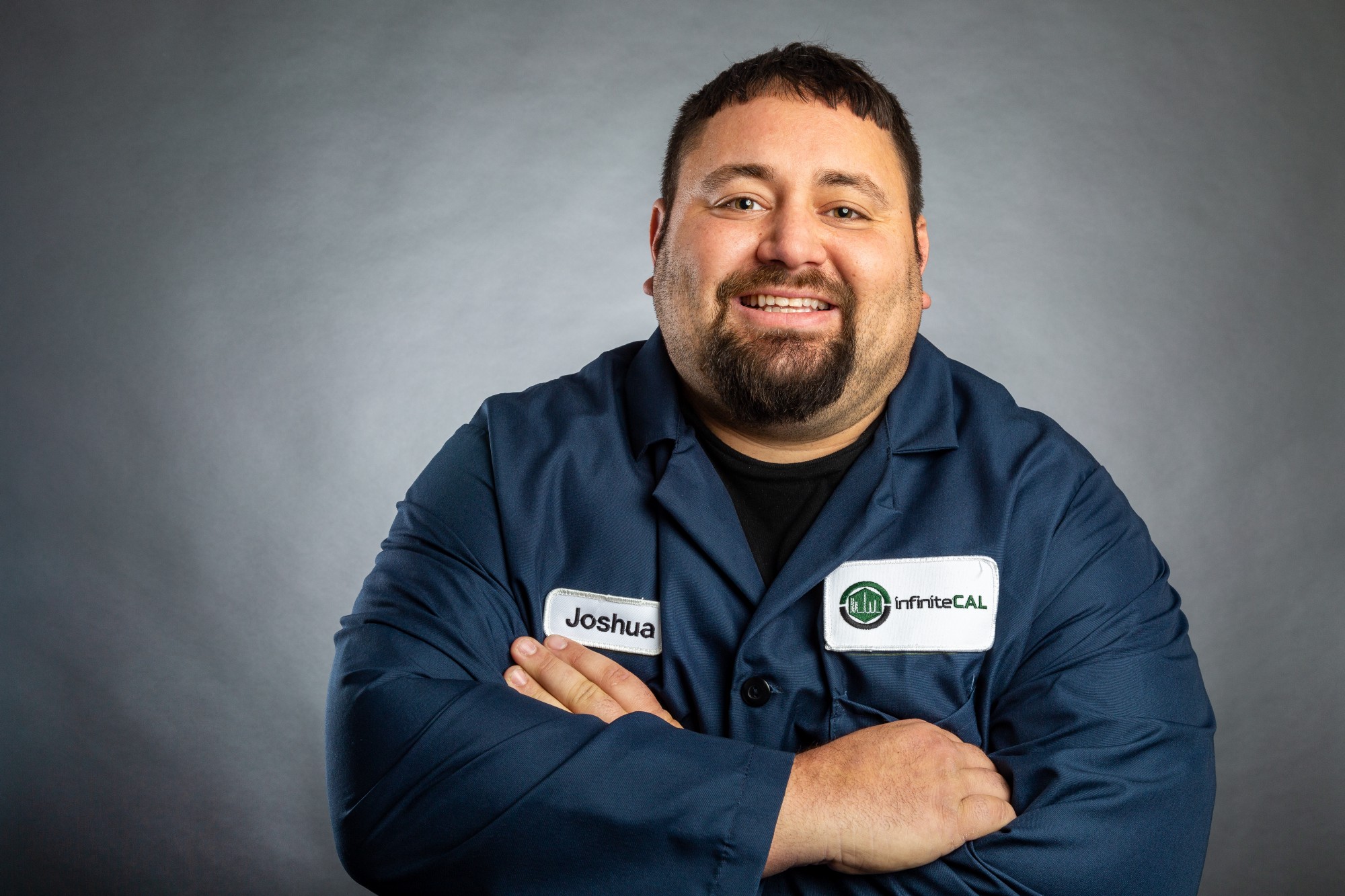

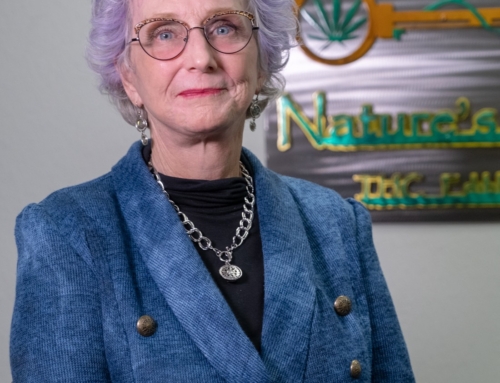
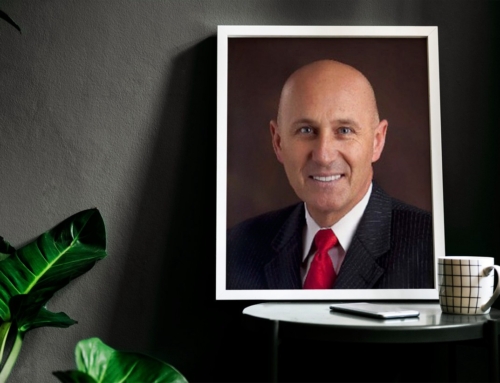
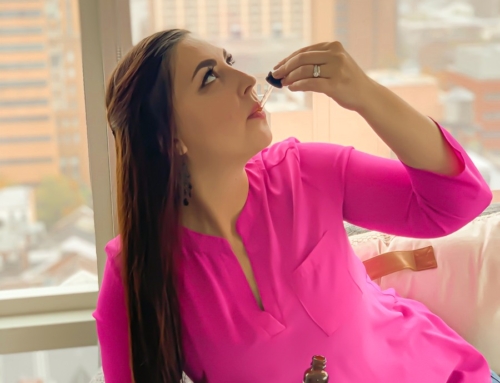

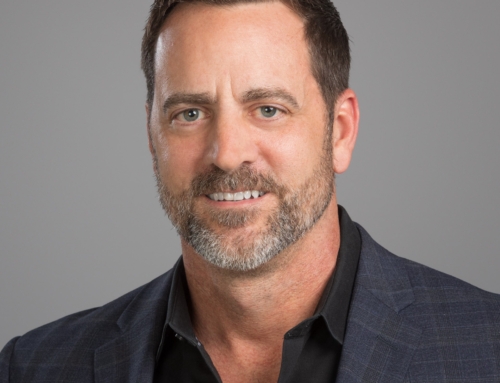
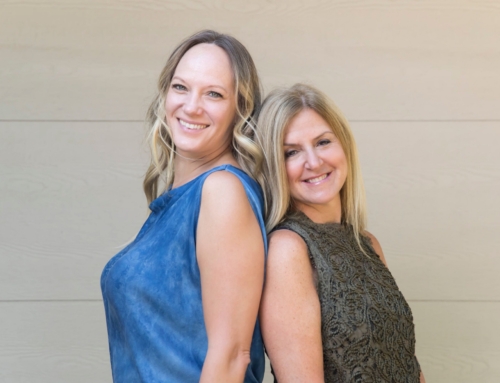
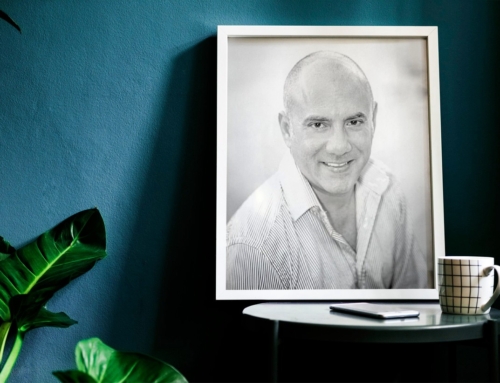
![“The potential to help people [in this industry] is enormous, but there’s still so much to learn.” – Ramon Alarcon, Witi](https://lakesideremedy.com/wp-content/uploads/2020/12/1thj5ekUyxQ69iLz1JJyODg-scaled-e1607882756286-500x383.jpeg)
